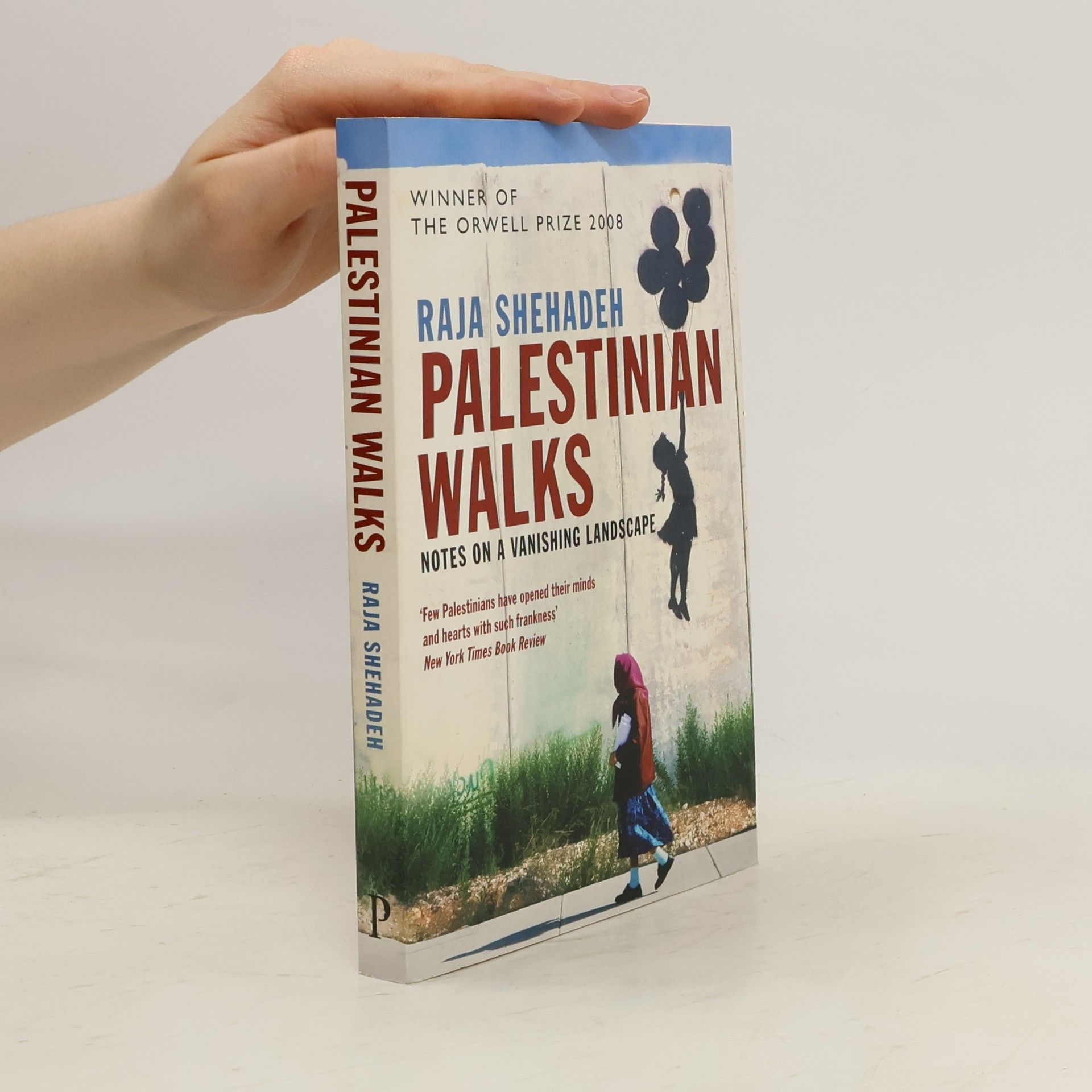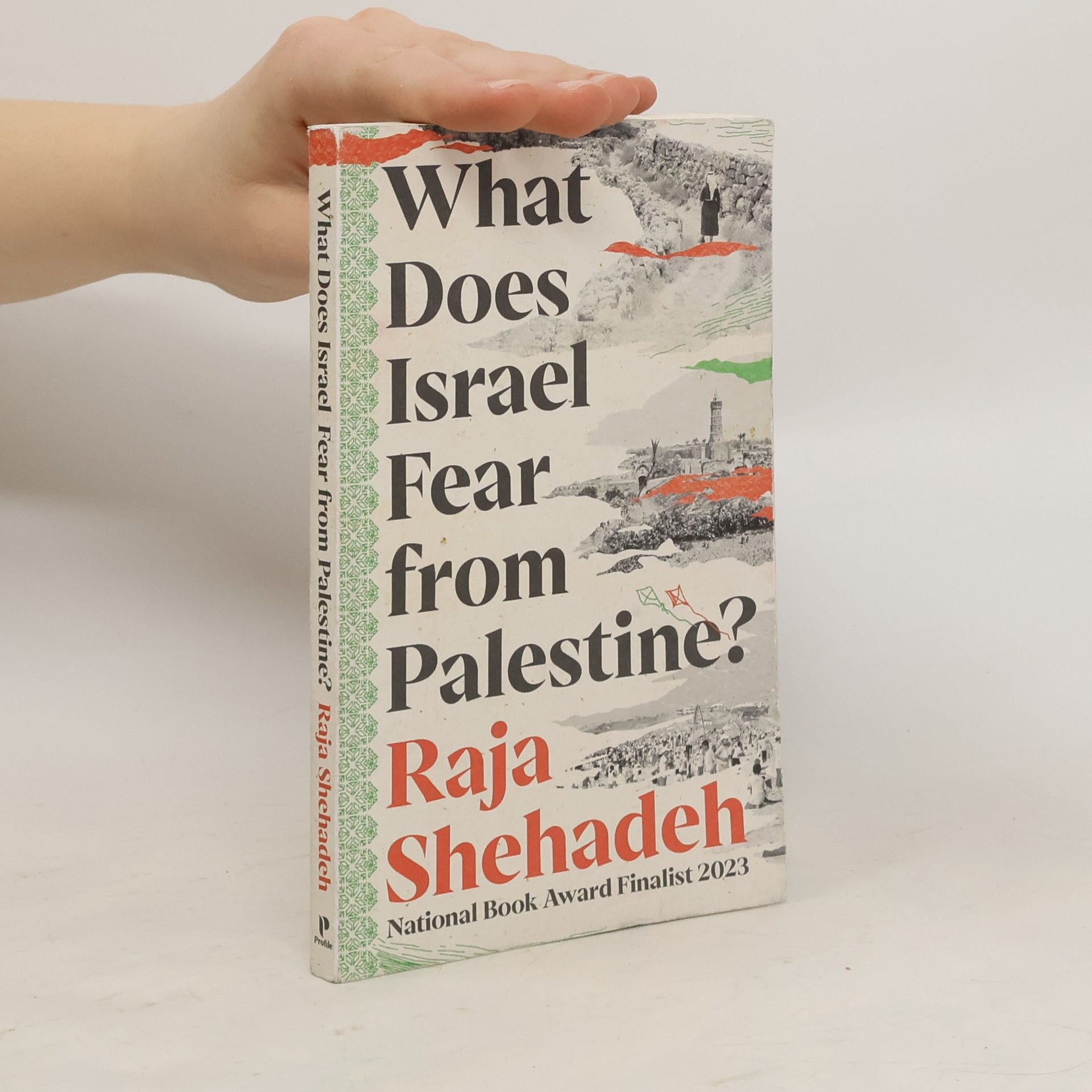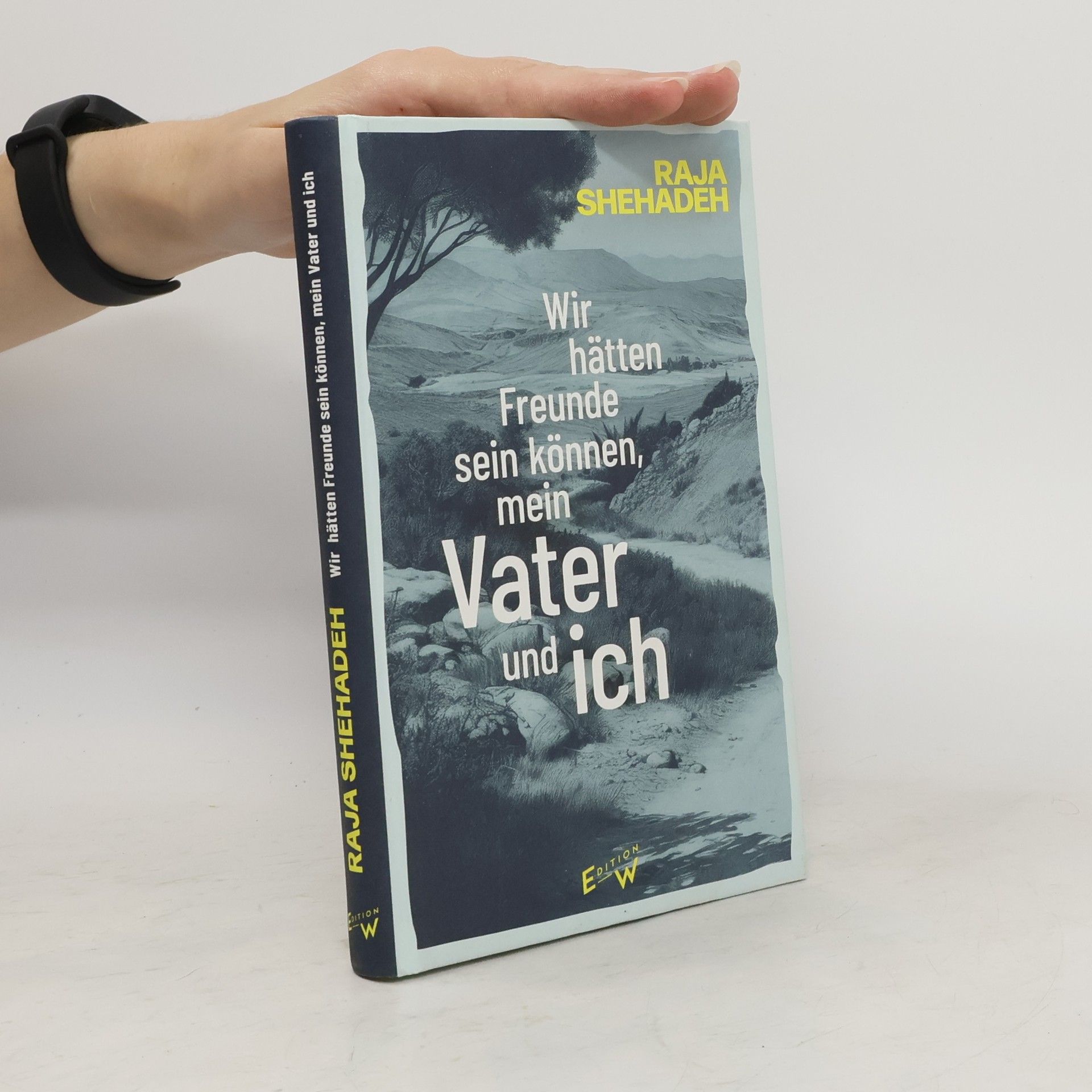Aziz Shehadeh war in seinem Leben vieles: engagierter Anwalt, widerständiger Aktivist, einer der ersten und furchtlosesten Verfechter der Zwei-Staaten-Lösung und politischer Gefangener. Und er war der Vater des Bestseller-Autors Raja Shehadeh. In jungen Jahren war Raja noch nicht in der Lage, den großen Mut seines Vaters zu erkennen und dieser wiederum sah sich nicht im Stande die Ambitionen des eigenen Sohnes zu würdigen. Als Aziz 1985 direkt vor seinem Haus ermordet wird, verändert dieses Ereignis das Leben seines Sohnes für immer. In seinem eindringlichen Memoir verarbeitet Raja Shehadeh die komplexe Beziehung zu seinem Vater, die bis dato ungeklärten Umstände von dessen Ermordung und liefert zugleich eine unvoreingenommene Historie der Besatzung Palästinas. Eine berührende literarische Annäherung an einen Mann, der sein Freund hätte sein können, und ein Buch, das sowohl von persönlicher als auch gesellschaftspolitischer Relevanz ist und zu Recht auf der Shortlist für den National Book Award stand.
Raja Shehadeh Book order (chronological)
Raja Shehadeh crafts narratives that offer a distinctive and impressive lens through which to view complex realities. His writing delves into the intricate connections between place, memory, and identity, employing a precise and analytical style. Shehadeh's work is recognized for its intellectual depth and compelling narrative approach. He encourages readers to engage with profound questions about the world through his thoughtful prose.






Exploring hidden and neglected memorials in historic Palestine, this book reveals the significance of these sites in understanding the land and its diverse inhabitants. It delves into the rich history and cultural narratives of the region, offering insights into the complex relationship between the people and their environment, as well as the impact of historical events on their identity. Through this journey, it highlights the importance of remembrance and the stories embedded in the landscape between the Mediterranean Sea and the Jordan River.
Focusing on the historical and personal journey of his great-uncle Najib Nassar, an Ottoman journalist, the memoir intertwines family history with the broader narrative of Palestine's struggles for freedom. Raja Shehadeh meticulously traces Najib's escape from occupied Palestine, revealing the stark contrasts between past and present. The book delves into the erasure of villages and identities, while offering a poignant reflection on the ongoing quest for liberation in the Jordan Rift Valley, ultimately suggesting a glimmer of hope for a future free from oppression.
What Does Israel Fear from Palestine?
- 128 pages
- 5 hours of reading
The book offers a profound critique of Israel's approach to Palestine, emphasizing the urgent need for equality and partnership in the pursuit of peace. It highlights the consequences of neglecting Palestinian rights, portraying the situation as a struggle against systemic injustice rather than a mere political conflict. Through this lens, the author calls for a reevaluation of policies and attitudes to foster genuine dialogue and reconciliation.
Was befürchtet Israel von Palästina?
Von der Hoffnung auf einen gerechten Frieden
Eine erschütternde Reflexion über das Versagen der Konfliktparteien im Nahost-Konflikt, einander als Gleichberechtigte zu behandeln, als Partner auf dem Weg zum Frieden, anstatt als Feinde und Völkermörder. Nach der Gründung des Staates Israel im Jahr 1948 kam es zur Nakba (arab. "Katastrophe"): die Vertreibung des palästinensischen Volkes, die Bruchlinien schuf, welche bis heute fortbestehen. In den folgenden Jahrzehnten, während die Berliner Mauer fiel und Südafrika die Apartheid abschaffte, lehnten die israelische Regierung und die PLO jede Gelegenheit zur Aussöhnung ab. Raja Shehadeh, Menschenrechtsanwalt und Palästinas größter lebender Schriftsteller, zeigt auf, dass dies trotzdem nicht bedeutet, dass die beiden Nationen nicht als Partner auf dem Weg zum Frieden zusammenarbeiten können. Im Gegenteil: Wenn dieser gewaltsam ausgetragene Konflikt enden soll, müssen beide Seiten gegen ihre Extremisten kämpfen. In seinem beobachtenden Stil öffnet dieses Werk eine neue Perspektive in einer Zeit großer Not.
A subtle psychological portrait of the author's relationship with his father during the twentieth-century battle for Palestinian human rights.
Going Home
- 208 pages
- 8 hours of reading
Raja Shehadeh reflects on ageing, failure, the occupation, and the changing face of Ramallah.
When The Bulbul Stopped Singing
- 160 pages
- 6 hours of reading
A diary of life under siege in Palestine, from the Orwell-prize winning and National Book Award-longlisted author and human rights activist
Occupation Diaries
- 256 pages
- 9 hours of reading
It is often the smallest details of daily life that tell us the most. And so it is under occupation in Palestine. What most of us take for granted has to be carefully thought about and planned for: When will the post be allowed to get through? Will there be enough water for the bath tonight? How shall I get rid of the rubbish collecting outside? How much time should I allow for the journey to visit my cousin, going through checkpoints? And big questions too: Is working with left-wing Israelis collaborating or not? What affect will the Arab Spring have on the future of Palestine? What can anyone do to bring about change? Are any of life's pleasures untouched by politics?
Palestinian Walks
- 240 pages
- 9 hours of reading
When the author first started hill walking in Palestine, in the late 1970s, he was not aware that he was travelling through a vanishing landscape. Recording how the land felt and looked before various calamities, this title attempts to preserve, at least in words, the Palestinian natural treasures that many Palestinians never know.
